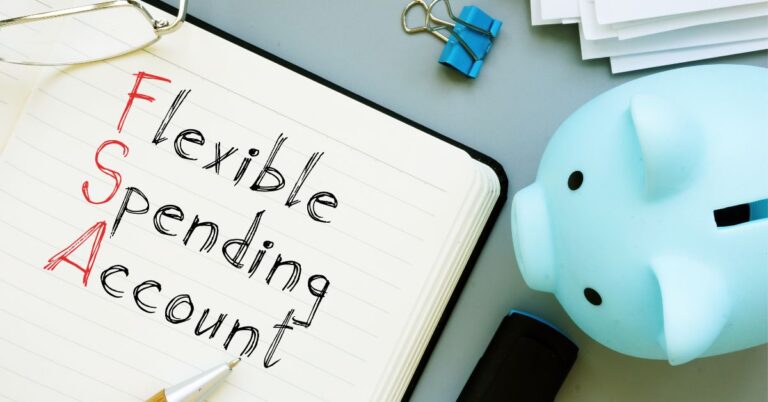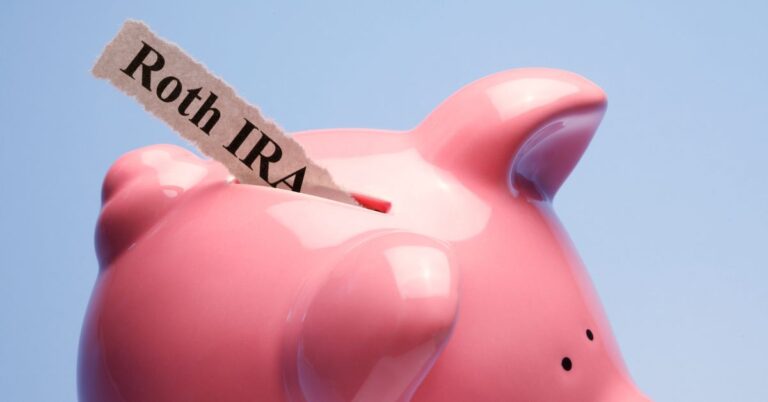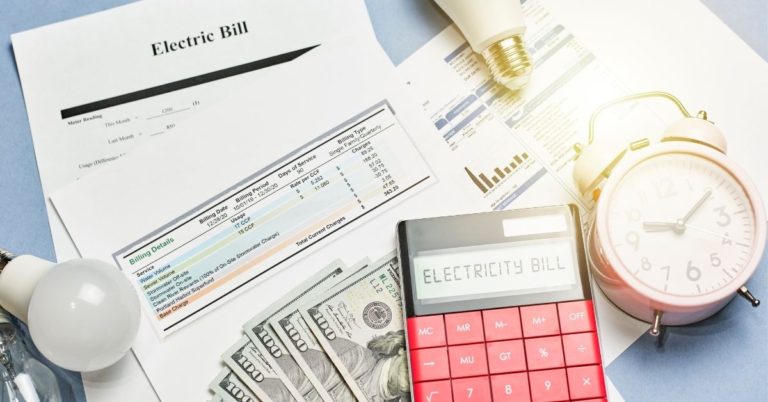1 Easy Step for Taking Control of Your Money: Track Your Daily Spending and Expenses
Living on a teacher’s salary isn’t easy, yet taking control of your money and effective financial planning depends on spending less than you earn.
For this reason, if you track your daily spending and expenses you will gain valuable insight about your finances and spending habits.
Even if you think you have a good idea of how, when, and why you are spending money, tracking your daily spending and expenses will either confirm what you think you know about how you are spending money or alert you to ways that you are wasting money.
Table of Contents
Why is tracking your daily spending and expenses important?
We all know that successful money management depends on spending less than we earn. However, with so many different things vying for our attention everyday, it’s easy to continue in the same spending and behavior patterns simply because we think making a change would take too much time and effort, or we procrastinate, telling ourselves that we will investigate other options “someday,” but “someday” never comes.
How can I track my daily spending and expenses?
Using a daily spending tracker or personal spending diary provides the single best way for you to see how, where, and when you are spending the most money. If you prefer tracking your spending virtually, signing up for Mint’s free personal finance app will enable you to track your spending as well as to access many other free financial management resources. If you prefer to use a hard copy paper and pencil method, you can download my free daily spending tracker.
After you decide on the type of daily spending tracker to use, begin by tracking your daily expenses and spending. At first the process of recording every daily expenditure will seem tedious, but after a while noting expenditures will become much faster and easier.
How long should you track your daily spending and expenses?
While there is not one correct response to this question, the longer you track your daily spending, the better idea you will have about how, where, and why you are spending money. For most of us, seasonal events affect our spending. Most people would spend more money during the November-December holiday season or during summer vacation months than at other times of the year, for example.
For this reason, I recommend that you track your daily spending for a minimum of several months and a maximum of several years. The free spending tracker includes a page on which you can calculate monthly totals.
Years ago, when I first decided to take control of my finances, I kept a daily spending diary for one full year.
Small spending changes in the short run can produce large savings over time
What should you do with the money you save?
Reviewing the totals from your daily spending tracker will reveal expenditures that are draining your finances. Curbing spending on these unnecessary expenditures will free up money that you can put toward more worthwhile financial goals.
For example, you can use the money you save to pay down high-interest debt. Alternatively, you can put the money toward other savings goals. Using automatic saving and automatic investing makes it even easier to make sure they money you save goes toward a specific goal rather than slipping through your fingers and out of your bank account.
My articles about automatic saving and automatic investing and high yield savings accounts provide information about various types of saving and investing options.
Conclusion
Even though the process of tracking your daily spending might seem tedious, analyzing your daily expenditures will reveal ways that you might be wasting money.

Even though the process of tracking your daily spending might seem tedious, analyzing your daily expenditures will reveal ways that you might be wasting money.
After tracking your spending for a month or more, asking yourself these questions can help you make the types of positive changes that will enable you to take control of your financial future:
1. What did you learn about your financial habits as a result of keeping a spending diary?
2. What changes are you considering making to your spending habits?
3. How can keeping a spending diary help you in identifying and achieving your financial goals?
If you are ready to move forward with taking additional steps to analyze your finances, you can download my 7 Secrets for Taking Control of Your Finances.
Join the SaveYourbestLife teacher community to insure you don’t miss any tips related to teaching, learning, and living!







